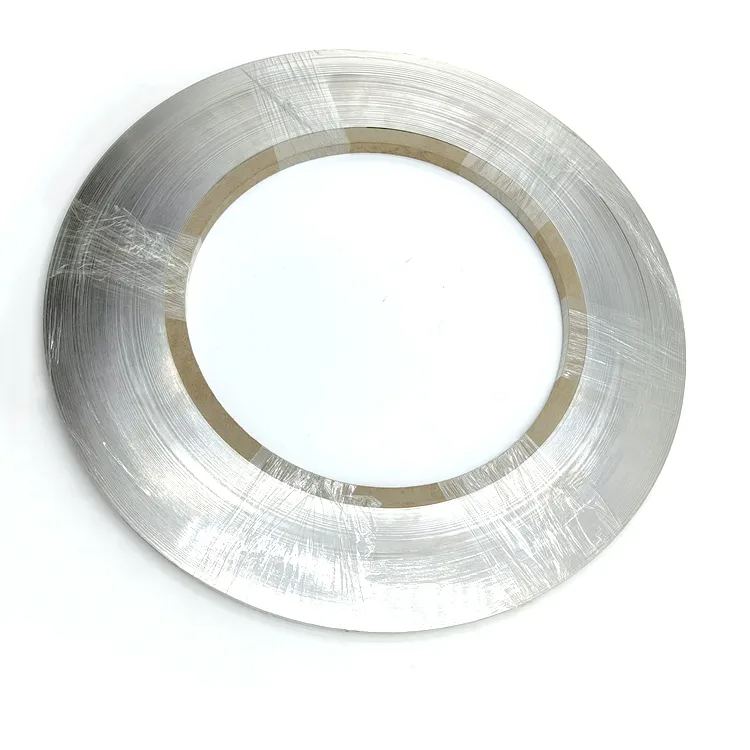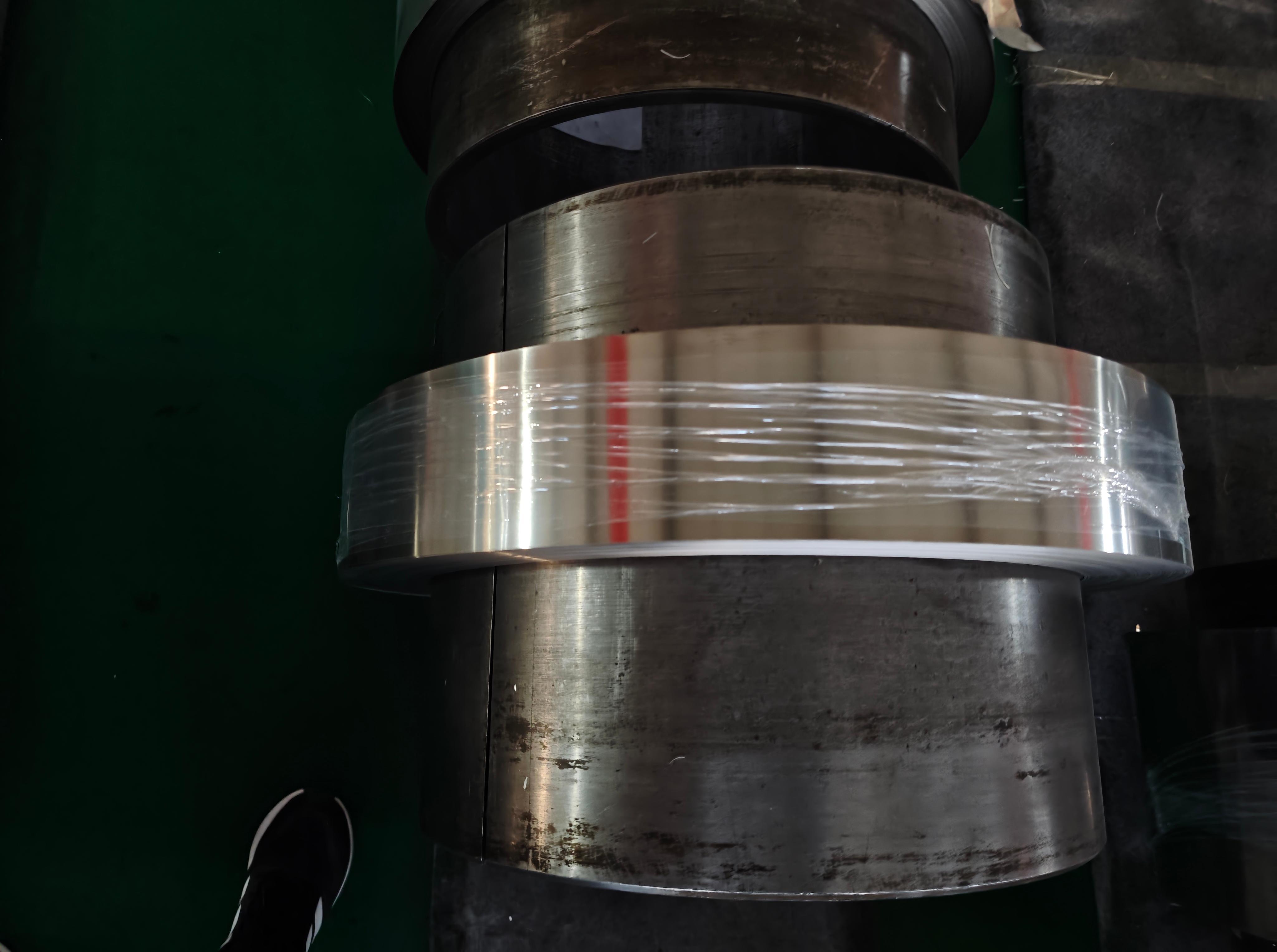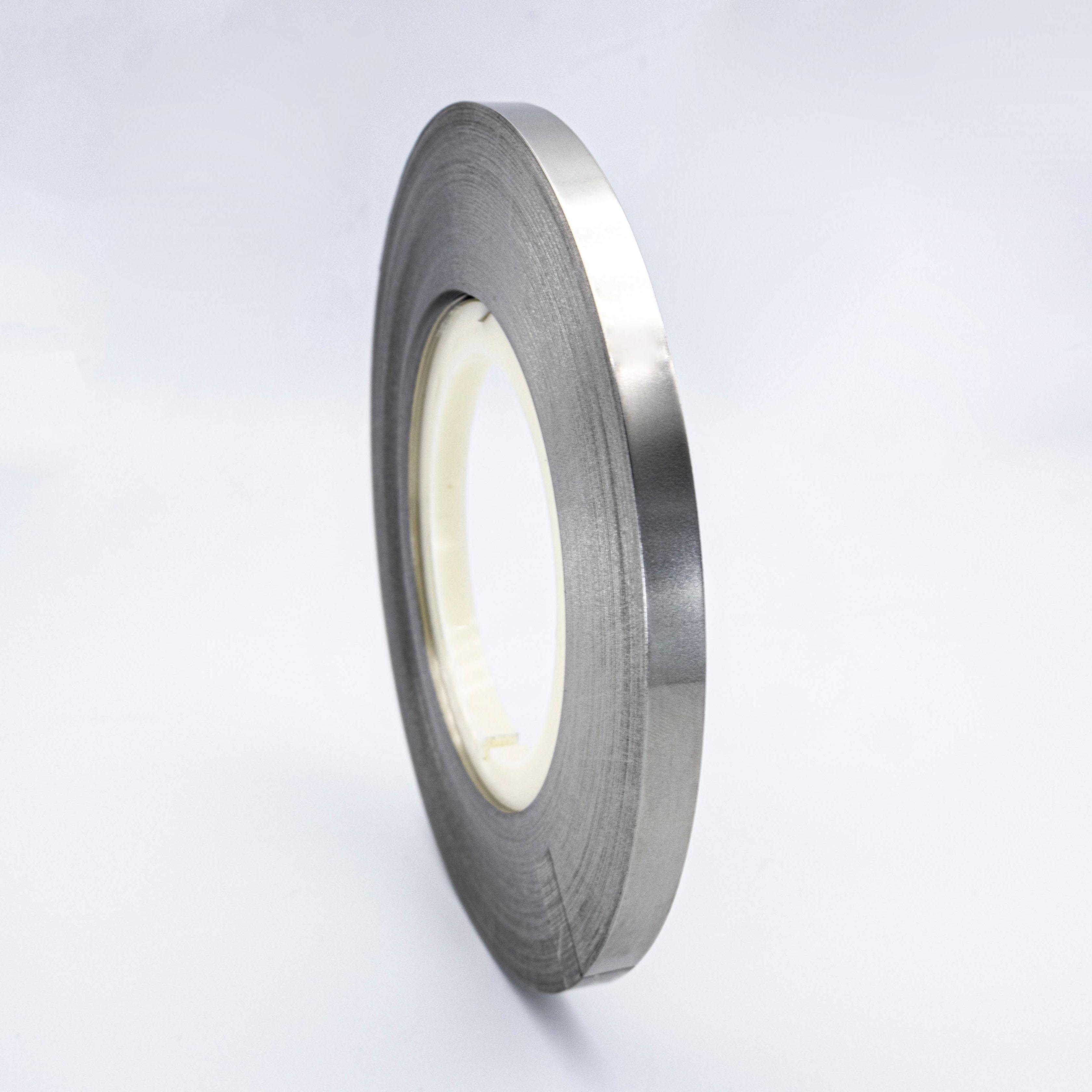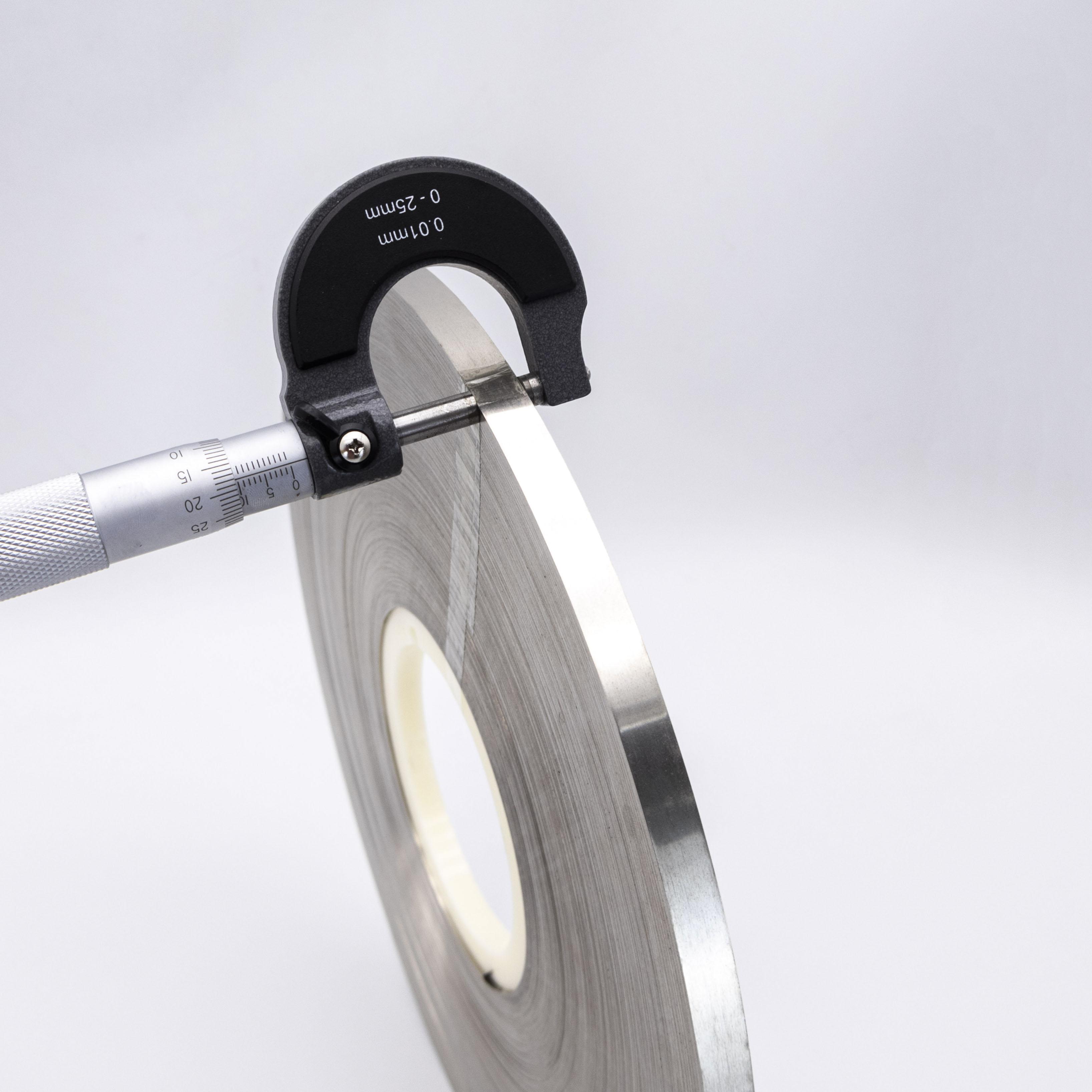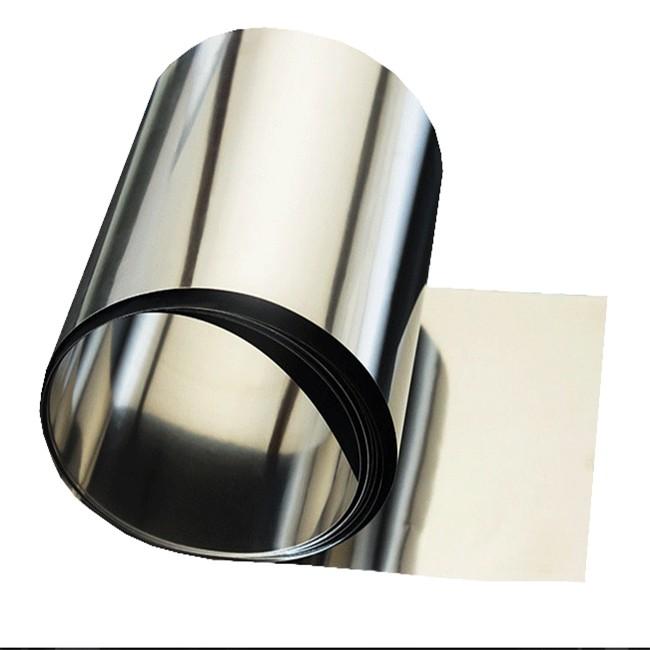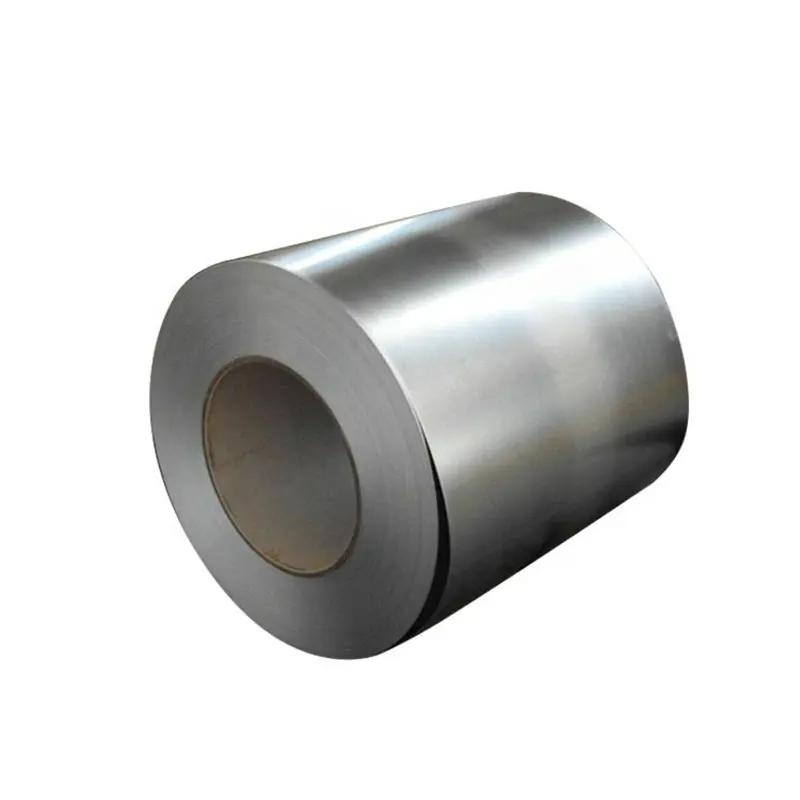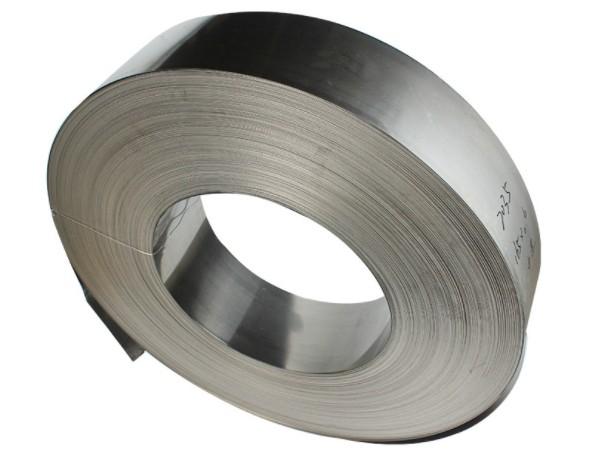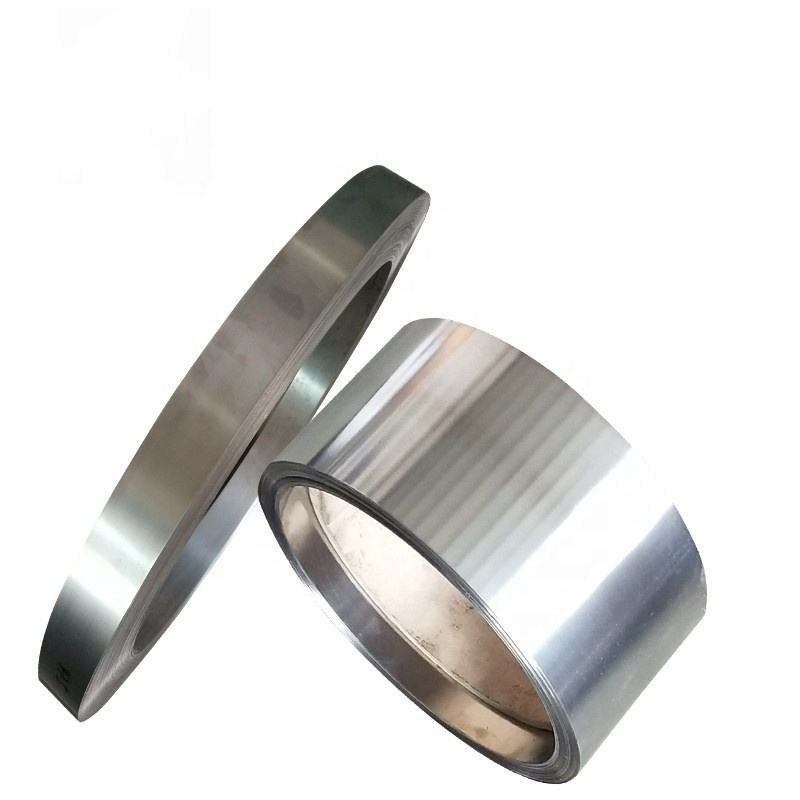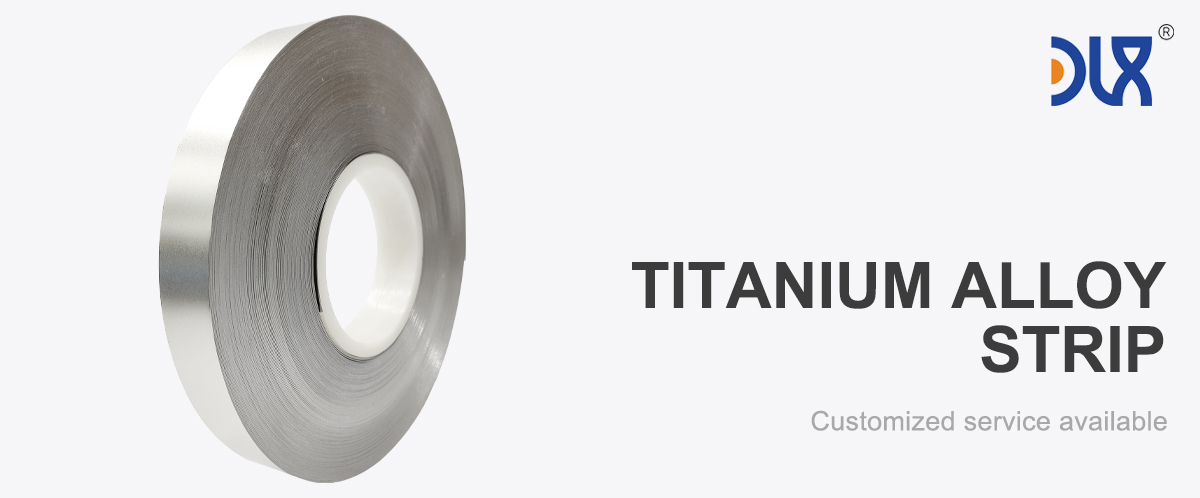
We’re proud to offer our ultra-thin Grade 2 Titanium Foil , a top-tier material designed specifically for aerospace component manufacturing. This isn’t just any titanium foil—it’s commercially pure, lightweight, and packed with properties that make it a game-changer for high-performance applications. With a thickness as low as 0.01 mm, our foil delivers exceptional corrosion resistance, solid strength, and excellent formability, making it perfect for crafting intricate aerospace parts. Whether it’s for airframes, engine components, or heat shields, our Grade 2 titanium foil meets stringent ASTM B265 standards, ensuring reliability in the most demanding environments. It’s the kind of material that helps planes soar and satellites endure the harshness of space.
Our foil is produced through advanced cold-rolling techniques, giving it a smooth surface and uniform thickness. This precision allows manufacturers to create complex, lightweight components without sacrificing durability. Plus, its natural corrosion resistance means it holds up against extreme conditions—think high altitudes, fluctuating temperatures, and exposure to aggressive chemicals. We’ve fine-tuned our manufacturing process to deliver consistent quality, so you get a product that performs every time.
For more details, pls directly contact us.
Grade 2 titanium foil is commercially pure, meaning it’s about 99.2% titanium with minimal alloying elements. This purity gives it a unique blend of properties: it’s strong yet lightweight, with a density of 4.51 g/cm³—about 45% lighter than steel. Its tensile strength hovers around 345 MPa, offering a sweet spot between flexibility and durability. The material resists corrosion from saltwater, acids, and even high-temperature oxidation, making it ideal for aerospace environments where reliability is non-negotiable. It’s also biocompatible, though that’s more of a bonus for aerospace, where its thermal stability (up to 400°C) and weldability shine.
| Titanium (Ti) | Aluminum (Al) | Vanadium (V) | Tin (Sn) | |
| Ti-6Al-4V | Rest | 5.5%-6.8% | 3.5%-4.5% | |
| Ti-5Al-2.5Sn | Rest | 4.5%-5.5% | 2.0%-3.0% |
Physical Properties
| Density | 4.4-4.5g/cm³ |
| Melting Point | 1660°C |
| Coefficient of Thermal Expansion | 8-10×10⁻⁶/K (20°C-500°C) |
| Thermal Conductivity | 6-22 W/(m·K) (depending on alloy grade) |
| Electrical Resistivity | 0.14-0.17 μΩ·m |
| Tensile Strength | 600-1200 MPa (depending on alloy grade) |
| Yield Strength | 480-1100 MPa |
| Elongation at Break | 10%-25% |
| Hardness | 200-400 HB |

For more details, pls directly contact us.
Our ultra-thin Grade 2 titanium foil is a go-to for aerospace manufacturers. It’s used in:
Airframe Components: Its lightweight nature reduces overall aircraft weight, boosting fuel efficiency.
Engine Parts: The foil’s heat resistance makes it perfect for turbine blades and exhaust systems.
Heat Shields: Protects sensitive components from extreme temperatures in spacecraft and satellites.
Honeycomb Structures: Its formability allows for complex, lightweight structural designs.
Electrical Systems: Used in shielding and conductive layers for aerospace electronics.
Beyond aerospace, this foil finds use in chemical processing for corrosion-resistant linings and in medical devices, though aerospace is where it truly takes flight.
Industry Analysis
The aerospace industry is booming, with global demand for lightweight, durable materials on the rise. According to recent market insights, the aerospace materials market is projected to grow at a CAGR of 6.2% through 2030, driven by increasing aircraft production and the push for fuel-efficient designs. Titanium, especially Grade 2, is at the heart of this trend due to its unmatched strength-to-weight ratio and resistance to harsh conditions. The shift toward sustainable aviation is also fueling demand for materials like our titanium foil, which helps reduce aircraft weight and emissions.
However, challenges exist. Supply chain disruptions and fluctuating raw material costs can impact production timelines. Plus, manufacturers are under pressure to meet stricter environmental regulations, which means materials need to be not just high-performing but also recyclable. Our Grade 2 titanium foil checks these boxes—it’s fully recyclable and sourced responsibly, aligning with industry sustainability goals. The rise of additive manufacturing (3D printing) is another trend, and our foil’s uniform thickness makes it compatible with these cutting-edge processes.
Industry Trends
Lightweighting: Aerospace companies are obsessed with reducing weight to cut fuel costs. Our foil’s low density is a perfect fit.
Sustainability: The industry is leaning toward eco-friendly materials. Our titanium foil is recyclable and produced with minimal waste.
Advanced Manufacturing: Techniques like additive manufacturing and precision rolling are gaining traction, and our foil’s consistency supports these methods.
Space Exploration: With private space companies expanding, demand for heat-resistant, lightweight materials like our foil is skyrocketing.
Electrification: Electric aircraft are emerging, requiring materials for lightweight electrical systems—another win for our foil.
Comparison Table
Parameter | Our Grade 2 Titanium Foil | Other Titanium Foils |
|---|---|---|
Thickness Range | 0.01 mm - 0.25 mm | 0.05 mm - 0.3 mm |
Tensile Strength | ~345 MPa | ~300-400 MPa |
Corrosion Resistance | Excellent (saltwater, acids) | Good to Excellent |
Thermal Stability | Up to 400°C | Up to 350-400°C |
Surface Finish | Smooth, uniform | Varies, often less consistent |
Standards Compliance | ASTM B265 | ASTM B265 or lower |
Formability | High | Moderate to High |
Recyclability | Fully recyclable | Varies |
Company Comparison
Our ultra-thin Grade 2 titanium foil stands out in a crowded market. While other suppliers offer titanium foil, we go the extra mile to ensure unmatched quality and precision. Our advanced cold-rolling process delivers a smoother surface and tighter tolerances, which means fewer defects and better performance in your aerospace components. We also prioritize sustainability, using eco-friendly production methods and fully recyclable materials—a big plus for environmentally conscious manufacturers. Our supply chain is streamlined, ensuring faster delivery times and consistent availability, even during industry-wide disruptions. Plus, our foil is rigorously tested to meet ASTM B265 standards, giving you peace of mind that it’ll perform under pressure.
Why Choose Our Titanium Foil?
Precision Engineering: Our foil’s ultra-thin profile (down to 0.01 mm) and uniform thickness make it ideal for intricate aerospace designs.
Superior Quality: Every batch meets ASTM B265 standards, ensuring reliability in critical applications.
Sustainability Focus: We use eco-friendly processes and recyclable materials, aligning with aerospace’s green goals.
Fast Delivery: Our optimized supply chain means you get your materials when you need them.
Versatility: Perfect for airframes, engines, heat shields, and more, with excellent weldability and formability.
The aerospace industry is evolving fast, and our Grade 2 titanium foil is ready to meet its demands. As electric aircraft and space exploration gain momentum, lightweight, durable materials will be critical. Our foil’s compatibility with additive manufacturing positions it for future innovations, while its sustainability aligns with the industry’s push for greener solutions. We’re constantly refining our production processes to stay ahead of trends, ensuring our customers have the best materials for tomorrow’s challenges.
Conclusion
Our ultra-thin Grade 2 titanium foil is more than just a material—it’s a solution for aerospace manufacturers looking to push boundaries. Its lightweight strength, corrosion resistance, and versatility make it a must-have for airframes, engines, and beyond. Backed by our commitment to quality, sustainability, and fast delivery, it’s the smart choice for your next project. Whether you’re building the next commercial jet or a cutting-edge spacecraft, our titanium foil has you covered.
For more details, pls directly contact us.
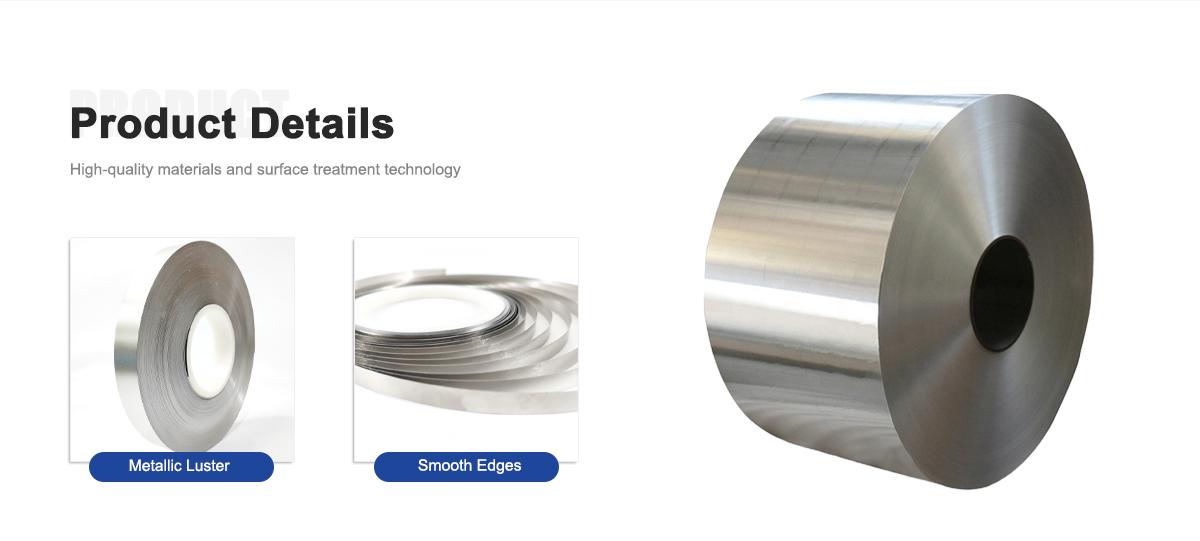
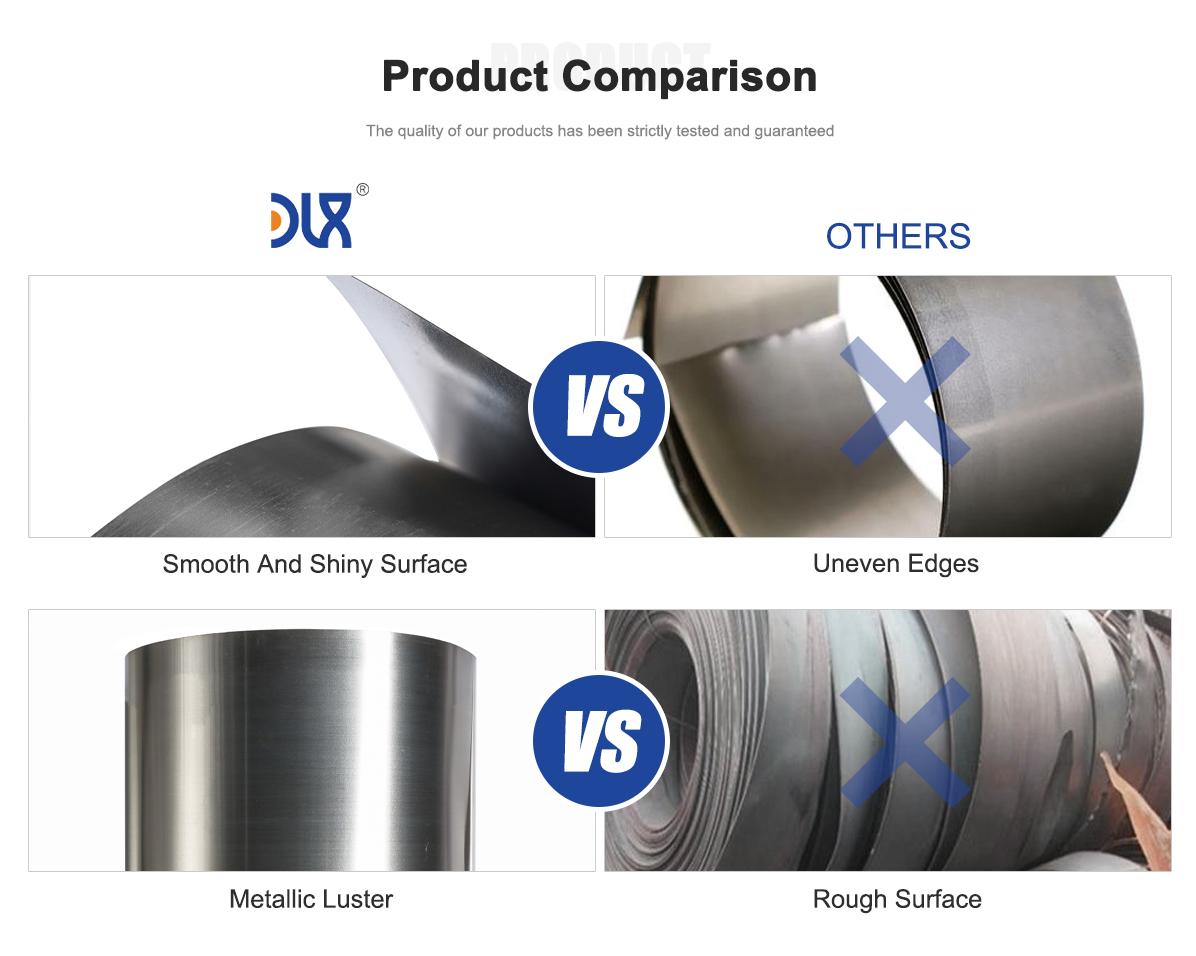
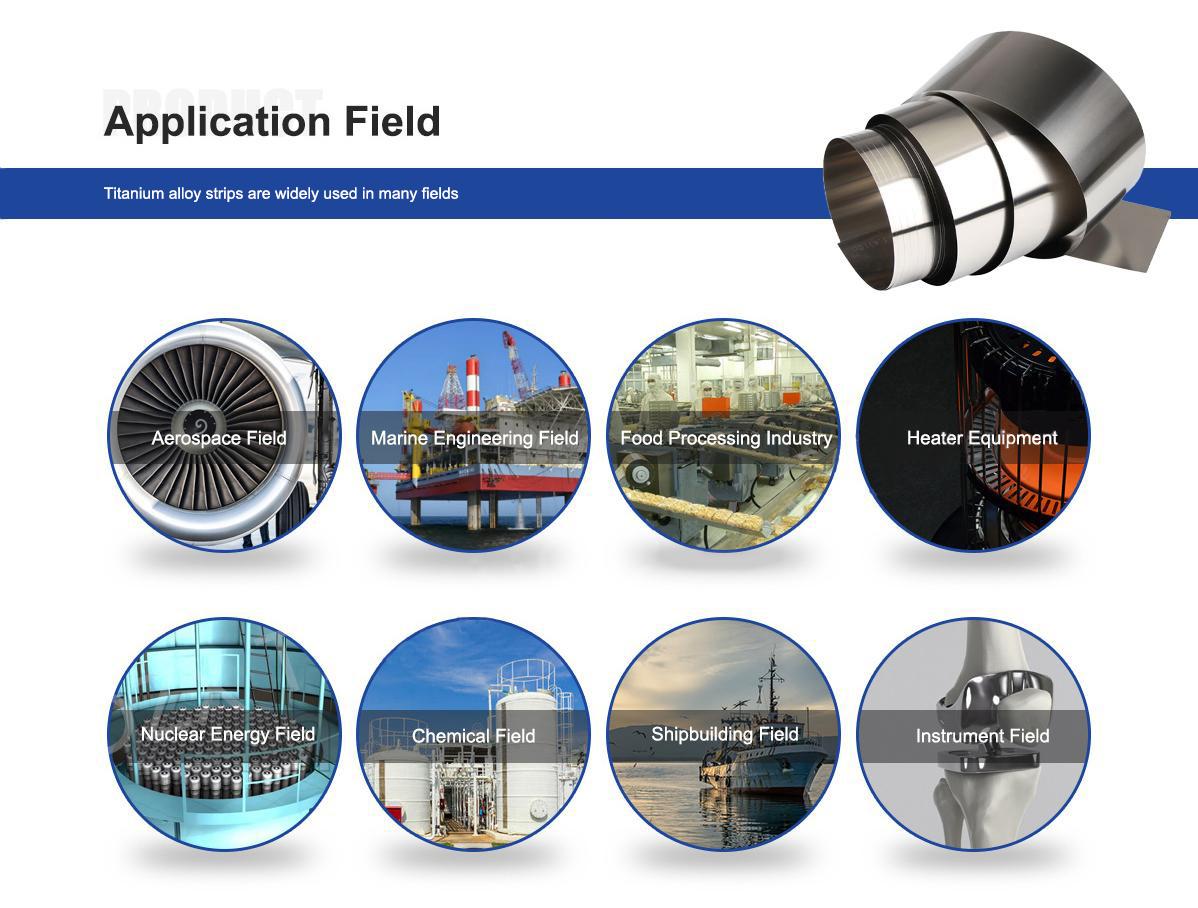
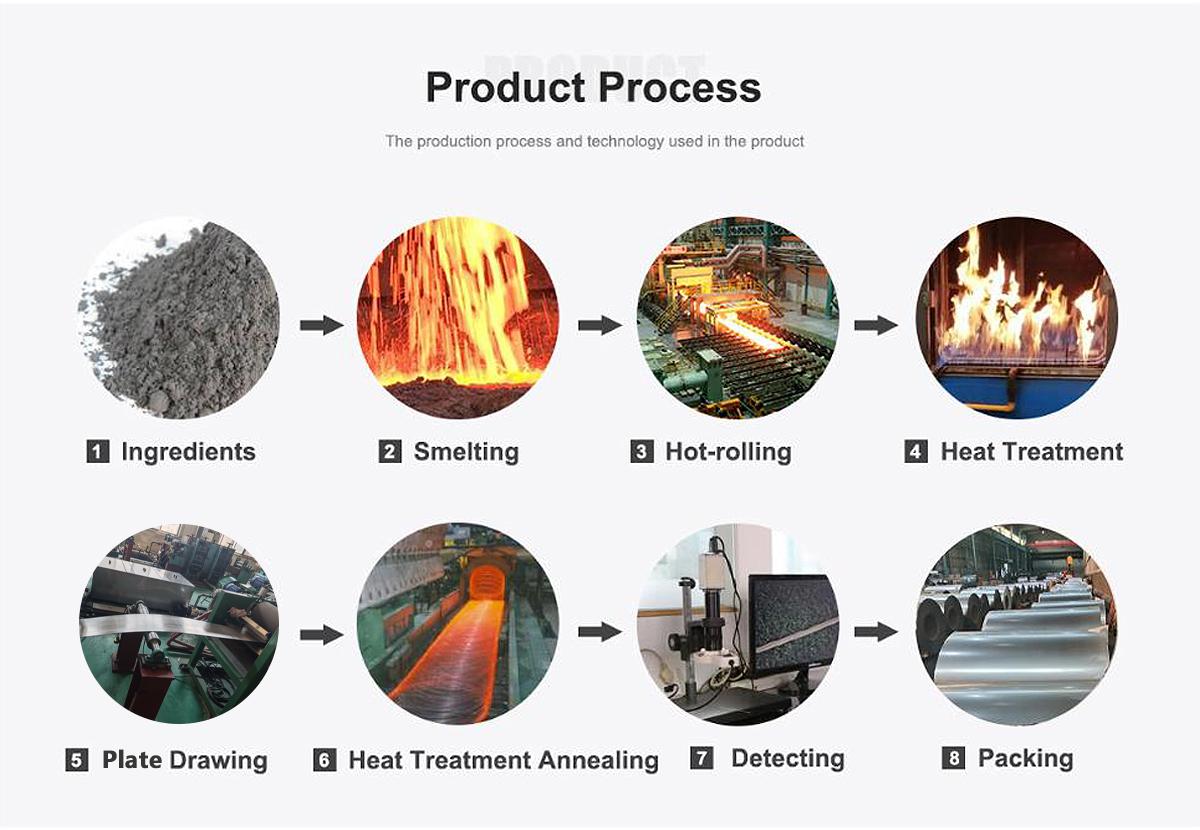
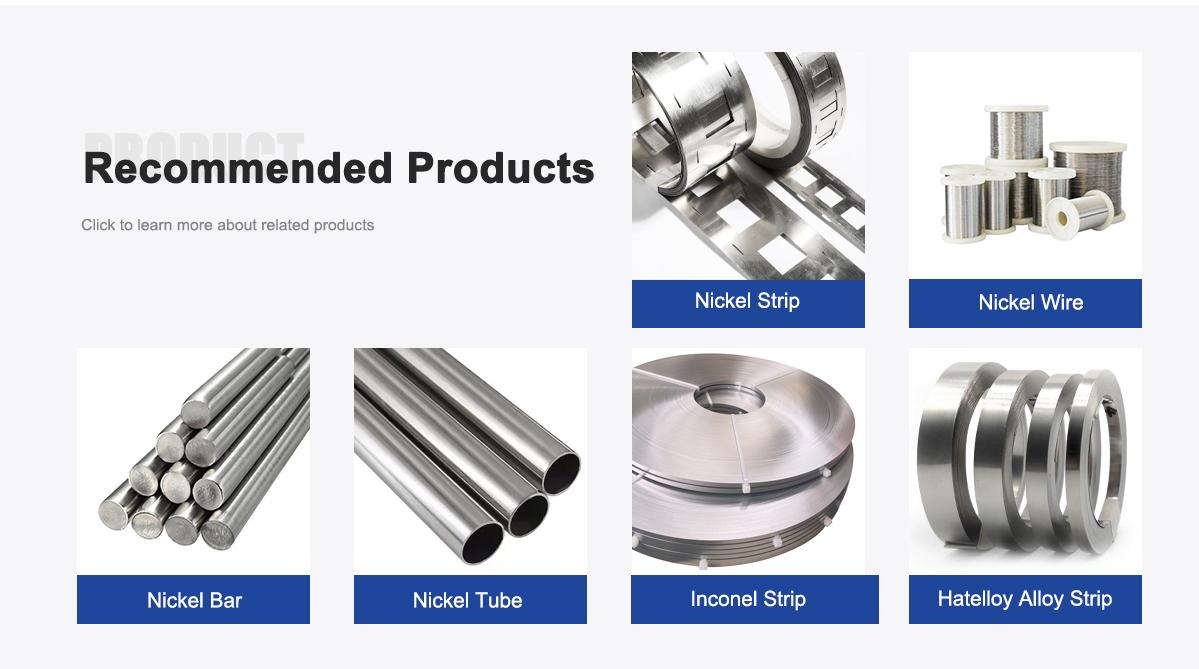
About Us:
Our 12,000㎡ factory is equipped with complete capabilities for research, production, testing, and packaging. We strictly adhere to ISO 9001 standards in our production processes, with an annual output of 1,200 tons. This ensures that we meet both quantity and quality demands. Furthermore, all products undergo rigorous simulated environment testing including high temperature, high pressure, and corrosion tests before being dispatched, ensuring they meet customer specifications.
For all our clients, we offer timely and multilingual after-sales support and technical consulting, helping you resolve any issues swiftly and efficiently.
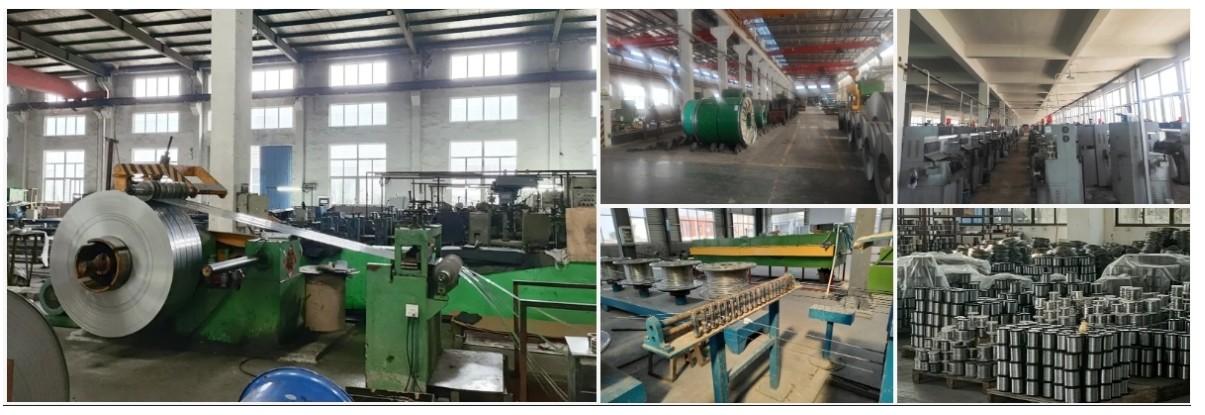
Client Visits
Building Stronger Partnerships
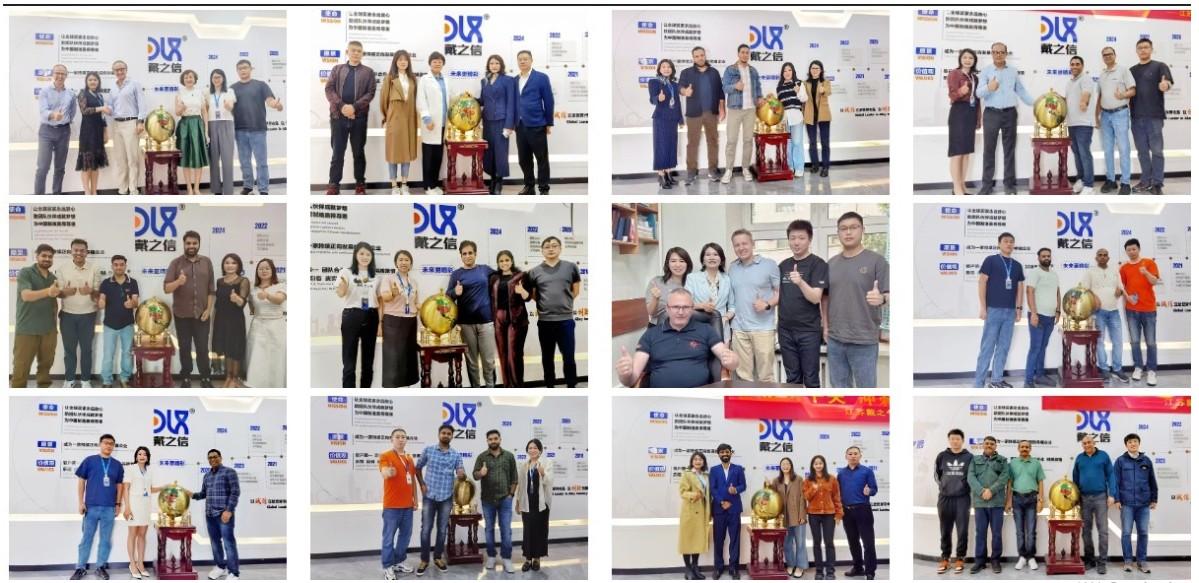
We support all kinds of testing:
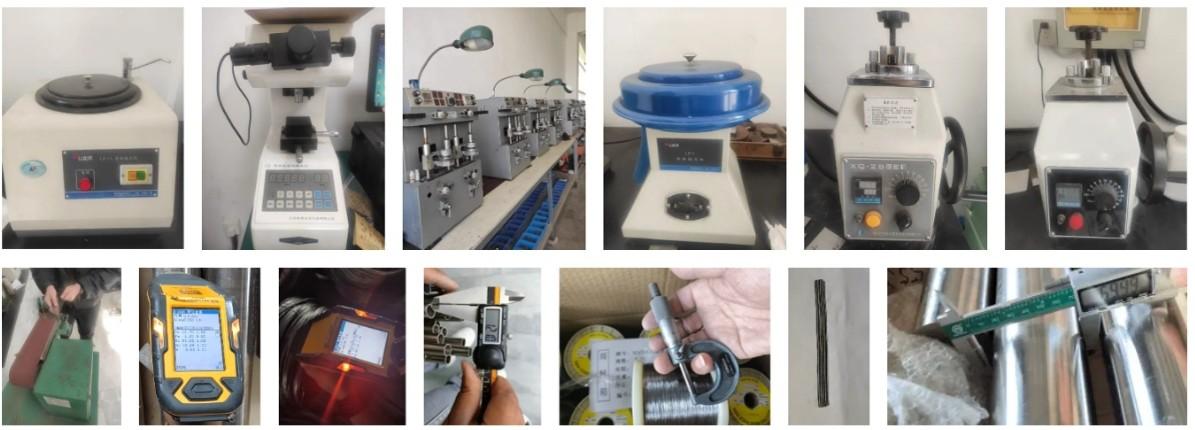

FAQs:
What makes Grade 2 titanium foil ideal for aerospace?
Its lightweight, corrosion-resistant, and strong properties make it perfect for airframes, engines, and heat shields.How thin is ultra-thin titanium foil?
Our foil starts at 0.01 mm, offering flexibility for precision aerospace components.Can it withstand high temperatures?
Yes, it’s stable up to 400°C, ideal for engine parts and heat shields.Is it compatible with additive manufacturing?
Absolutely, its uniform thickness works well with 3D printing processes.How does it resist corrosion?
It forms a natural oxide layer, protecting against saltwater, acids, and oxidation.What standards does it meet?
Our foil complies with ASTM B265 for consistent quality and performance.Can it be welded?
Yes, its excellent weldability supports complex aerospace designs.Is it recyclable?
100% recyclable, aligning with aerospace’s sustainability goals.

